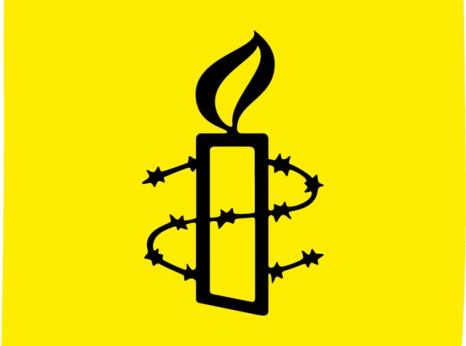Madagascar: Environmental Rights Defender At Risk

Angélique Decampe and her husband, Stéphane Decampe, are Franco-Malagasy who are human rights defenders who are also actively involved in the tourism sector in Madagascar. They own the Jungle Nofy hotel, situated near the Pangalanes canal, and are deeply committed to the protection of the Vohibola forest. Angélique Decampe serves as the president of the community association Razan'ny Vohibola (Razan'ny Vohibola | Toamasina | Facebook), which collaborates with the Regional Service for the Environment and Sustainable Development (DREDD) from the Toamasina region in the management of the Vohibola forest. Spanning approximately 2,000 hectares, this forest is part of the state's private domain and boasts a rich variety of endemic flora and fauna, including noteworthy species like the world's smallest chameleon and frog.
Angélique and Stéphane Decampe, together with other members of Razan'ny Vohibola, frequently report instances of illegal logging and illegal coal mining taking place within the Vohibola forest, which consequently exposes them to frequent threats and attacks. Amnesty International has observed a disconcerting pattern where those accused are consistently released by the courts, leading Angélique Decampe and her association to believe that they enjoy protection from influential individuals. This climate of impunity not only puts Angélique Decampe, Stéphane Decampe, and other members of the Razan'ny Vohibola association at risk but also exacerbates the destruction of the Vohibola forest.
Civil society organisations in Madagascar have been calling the authorities to adopt a law on the protection of human rights defenders and whistle-blowers and have provided specific recommendations on the scope and content of such a law it to be in line with Madagascar’s international human rights obligations. However, a proposed bill on the protection of human rights defenders presented by the Ministry of Justice does not recognize whistle-blowers nor does it contain any special provisions to ensure that protection measures are determined with a gender perspective, despite the specific risks and challenges faced by women human rights defenders coming not only from the government but also from their communities. The bill submitted to Parliament is still pending adoption and can therefore be revised to address both the lack of legal protection of whistle-blowers and the need to incorporate a gender perspective into the protection of women human rights defenders such as Angélique Decampe.